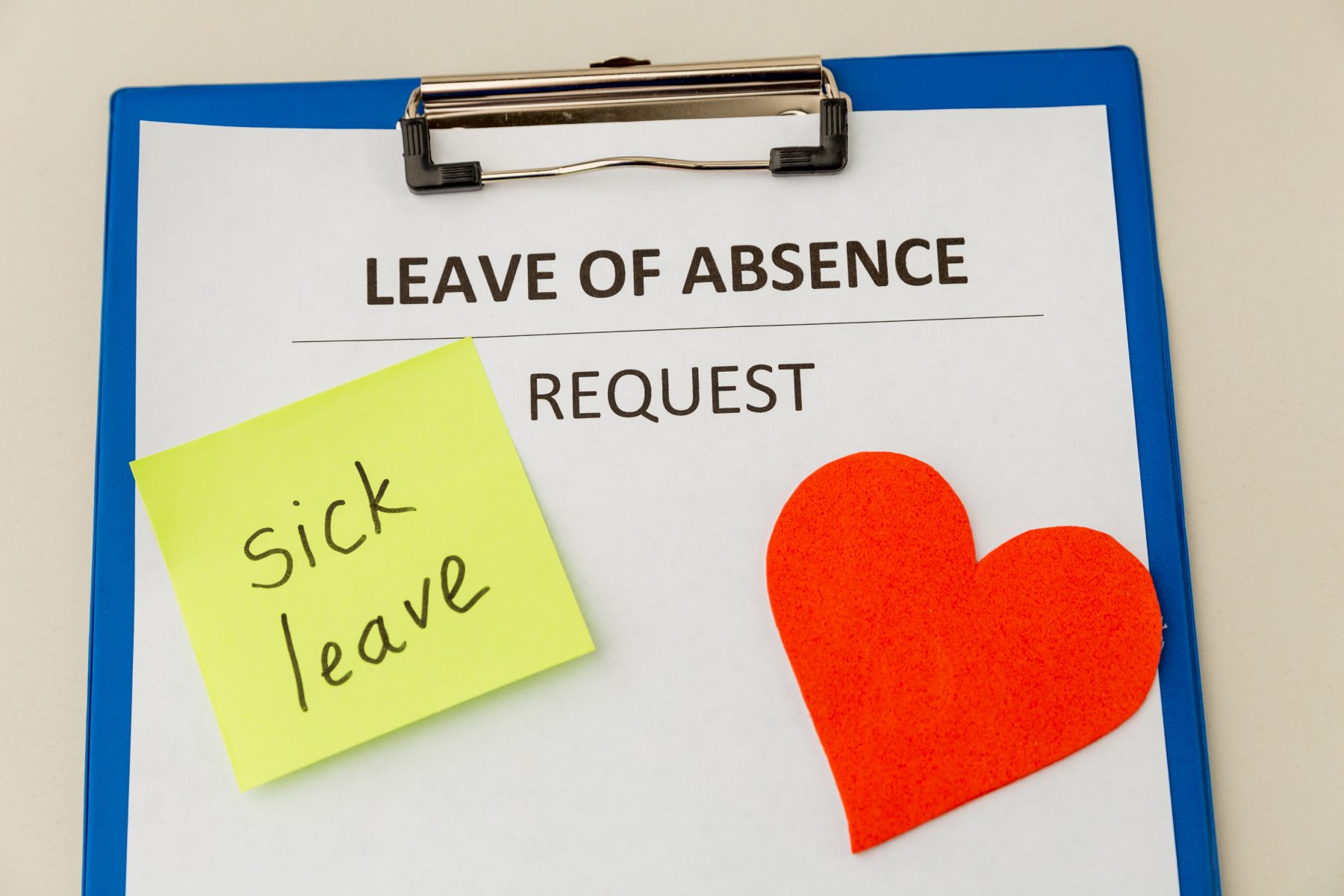News & Events
Common Types of Damages Available in Employment Lawsuits

Common Types of Damages Available in Employment Lawsuits
One of the most common questions people ask after they decide to file an employment lawsuit is what type of damages can they recover. There is no one exact answer to this, as the type and amount of damages varies from case to case. For example, a case that involves an employer that retaliates against an employee for a FMLA violation will differ from a discrimination case brought under the Americans with Disabilities Act (ADA). However, there are some common types of damages that can work as a guideline for anyone filing a claim.
Compensatory Damages
As the name suggests, compensatory damages are meant to compensate you for an injury or loss you sustained as a result of your employer’s wrongdoing. The most common types of compensatory damages include:
- Lost wages for compensation you would have received if you were not fired
- Any benefits you would have been entitled to if you had not been fired
- Front pay for loss of future earnings
- Emotional distress if your termination caused you emotional harm, although these damages are not available in certain cases
Compensatory damages are the most common type of compensation people think of when filing a claim. However, there are lesser-known ones, as well.
Liquidated Damages
Liquidated and treble damages are similar, but they do have significant differences. Liquidated damages are also commonly called ‘double damages,’ due to the fact that they double the compensation you receive for lost wages.
Punitive Damages
Punitive damages are intended to punish employers for knowingly breaking the law and to deter them from such actions in the future. Punitive damages are not available in most cases and to a judge will only award them if the employer’s acts are egregious.
Attorney Fees
You should not have to sustain a great financial loss when fighting for your rights. If an employee wins a lawsuit, the employer must pay attorney’s fees and the costs incurred in the lawsuit. However, an employee who does not prevail in a lawsuit is not required to pay the attorney’s fees and costs for the employer.
Prejudgment and Post-Judgment Interest
Prejudgment interest is meant to compensate you for the loss you sustained from the time you filed the lawsuit to the time you received a final judgment. Post-judgment interest compensates you for any loss sustained during the time between the final judgment and when your employer actually pays you compensation.
Mitigation of Damages
The law requires that a person filing an employment lawsuit must make a diligent effort to mitigate, or minimize, the financial damage caused by the employer’s wrongdoing. This means that if an employee is fired, they must actively seek a new job to help replace the amount of wages lost. Even if an employee wins a lawsuit, but fails to mitigate the damages, the amount of an award will likely be lowered. When an employee mitigates damages, the amount awarded for backpay will usually be the difference between what the employee previously earned and earnings from a new job.
Our Ohio Employment Lawyers can Accurately Evaluate Your Case
Without looking at the specifics of your case, no one can determine with any certainty the amount of damages you can seek in an employment claim. However, at Marshall Forman & Schlein LLC, our Columbus employment lawyers will consider the facts of your claim and evaluate the types of damages you can recover. To learn more about how we can help, call us today or contact us online to schedule an appointment with one of our experienced attorneys.
Do You Have A Question? Contact Us Today
Attorney Advertising. This information is designed for general information only. The information presented should not be construed to be formal legal advice nor the formation of a lawyer/client relationship. Past results and testimonials are not a guarantee, warranty, or prediction of the outcome of your case, and should not be construed as such. Past results cannot guarantee future performance. Any result in a single case is not meant to create an expectation of similar results in future matters because each case involves many different factors, therefore, results will differ on a case-by-case basis. By providing contact information, users acknowledge and give explicit consent to be contacted via the methods of communication provided, including SMS. Message and data rates may apply. Message frequency may vary. Reply STOP to opt out.



